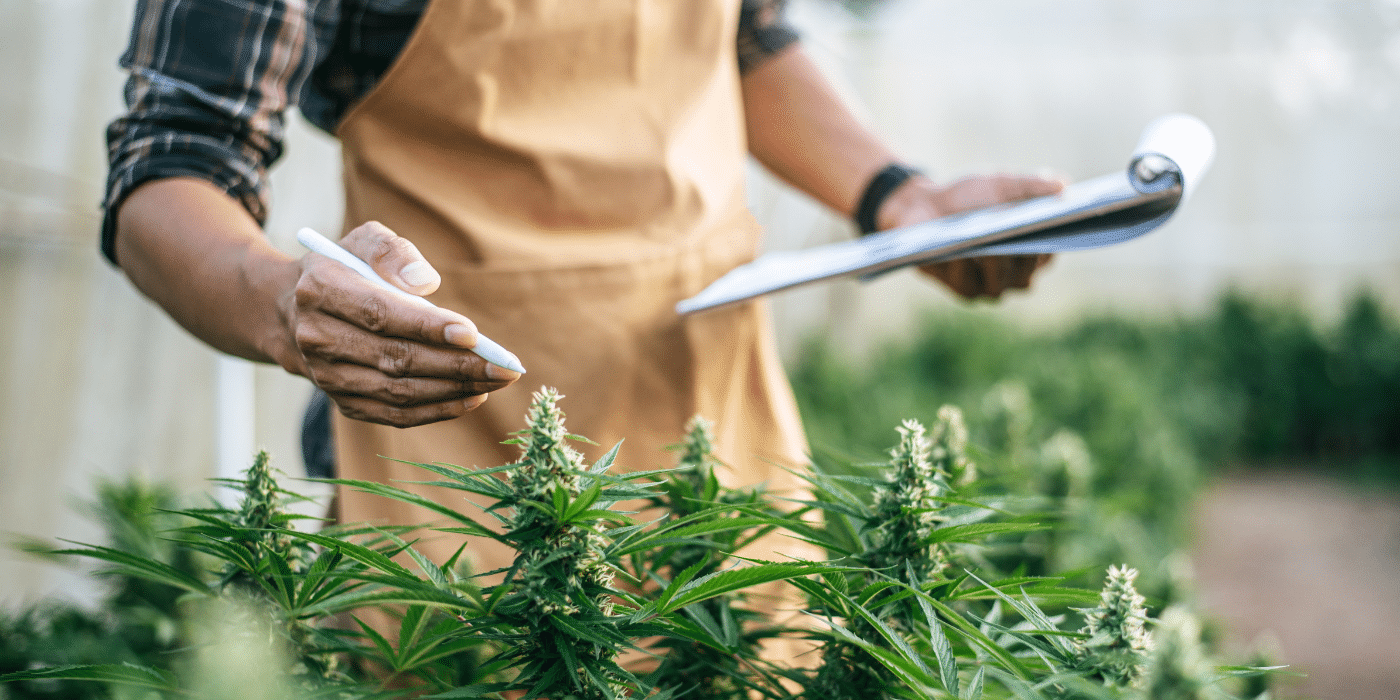From Today: Cannabis Clubs Legal

The new rules and their implementation
From July 1, cannabis clubs in Germany are officially allowed to start growing cannabis. This sounds like a milestone for cannabis legalization, but the reality is more complicated. Although the legal framework has been established in theory, practical challenges and bureaucratic hurdles will delay the start.
Cannabis clubs must meet numerous requirements before they can actually start growing. Permits, licenses and compliance with strict regulations are just some of the obstacles that need to be overcome. Optimism is therefore giving way to a subdued mood among those involved.
The rocky road to the first harvest
Fynn von Kutzschenbach, founder of the first Cannabis Social Club (CSC) in Wiesbaden, and Tim Barton from the Cannabis Club in Giessen report considerable delays. “We are currently quite critical of the launch. For us, it is clear that many questions are still unclear, especially with regard to licenses and permits,” explains Kutzschenbach.
The first legally grown cannabis flowers are therefore not expected for several months. The bureaucratic processes and organizational challenges are delaying cultivation considerably. “There is still a long way to go,” says Barton and sees the actual start of cultivation in the distant future.
Requirements and bureaucratic hurdles
The new legal regulations stipulate that cultivation associations must provide extensive information to the authorities. This includes the number of members, the location of the cultivation areas and the planned quantity of cannabis to be cultivated each year. In addition, the clubs must ensure that their cultivation sites are at least 200 meters away from schools and playgrounds.
In addition, the clubs may have a maximum of 500 members and these must be members for at least three months in order to avoid so-called drug tourism. All of these regulations are intended to ensure that cultivation is controlled and safe, but they also lead to considerable delays when starting up.
Security and infrastructure as costly challenges
Another major obstacle is the high demands placed on the security and infrastructure of cultivation locations. Clubs have to invest in expensive security systems to protect their facilities from break-ins. Video surveillance, security services and property protection are just some of the measures required.
In addition, the extension requires special equipment such as high-voltage connections, ventilation systems and air conditioning units. These technical requirements represent a considerable financial burden for the clubs. “Safety is a very serious concern,” emphasizes Barton. The clubs have already invested considerable sums in their projects and expect further high costs in the long term.
Uncertainty over pricing and membership fees
The exact cost of membership to the clubs and the retail price of the cannabis is still unclear. While some clubs are considering a flat-rate fee based on a subscription model, others are planning to charge per gram. These uncertainties make the planning and financing of cultivation projects even more difficult.
Conclusion: patience is required
Although the starting signal for cannabis clubs in Germany will be given on July 1, a lot of water will still be flowing down the Rhine before the first harvest. The clubs are facing considerable bureaucratic and organizational challenges that are delaying cultivation. Nevertheless, the hope remains that the new regulations will lead to controlled and safe cannabis production in the long term. Patience and perseverance are now required to overcome these hurdles and realize the vision of a legal cannabis culture.





